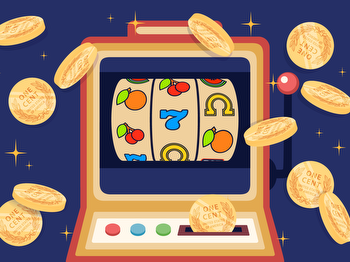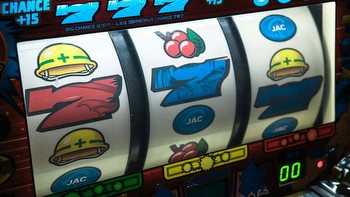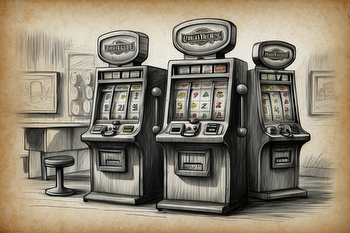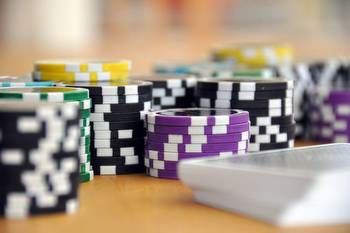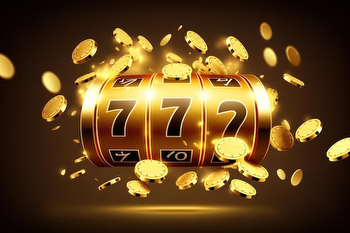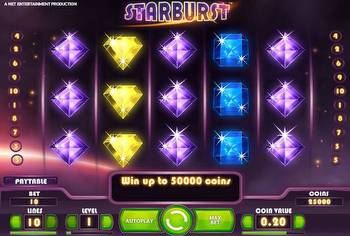The Mathematics Behind Popular Slot Games
—TechRound does not recommend or endorse any financial, investment or gambling practices. All articles are entirely informational—
Slot games have been a favourite within the world of casino gaming, both in traditional brick-and-mortar venues and online casinos. There are a variety of themes and features to explore in games like Dancing Drums and Mega Bars, but there’s more that lies behind the world of online Slots. If you’re interested in all of the mathematics that make some of the most popular slot games work, here’s what you should know.
Paylines and Betting Options
The number of paylines in a slot game and therefore betting options available are vital numerical components within Slots. Paylines are the lines across the reels where matching combinations could potentially form, so more paylines equals more opportunities for matching combinations.
The number of paylines within a game affects the wagering amount of each spin, as it’s common to bet a certain amount per payline. With various betting options, you can choose how much you wager on each payline, which can sometimes differ from game to game.
The Random Number Generator
Every slot game is operated using a Random Number Generator (RNG), which is computer software designed to generate randomised sequences or numbers to be produced within a slot game. The RNG ensures that each spin of the reel is entirely random and independent of previous spins, maintaining the fairness and integrity of a game.
This means that a slot game’s outcomes cannot be predicted or show any patterns within gameplay.
Return to Player Percentage
Another mathematical component regarding slot games is the Return to Player (RTP) percentage, which represents the total bets a slot machine is expected to pay back to players over time. The importance of the RTP percentage lies in the fact that it’s calculated over the long term and doesn’t often represent the outcome of the play of one game.
The higher the RTP, the better the chances for player success, as more wagers are returned to players over time.
Volatility
- Low volatility– These types of Slots usually feature more frequent, but smaller payouts
- High volatility– In comparison, high volatility Slots have less frequent, but potentially larger payouts
Alongside volatility, the hit frequency of a slot game can also be considered, although due to Slots being a chance-based game, you never know what the outcome could be.
However, hit frequency refers to how often a matching combination is expected to happen. A high hit frequency often results in smaller payouts more frequently and lower hit frequencies often notice larger but less frequent payouts.
Progressive Jackpots
If you decide to play a slot game with the progressive jackpot element, this may add even more to the mathematics of a slot game.
These jackpots increase in value every time a bet is placed on it, so the probability of taking away this jackpot is typically low, but it is eventually paid out.
The mathematics surrounding these games involves calculating the odds of hitting the jackpot, based on the size of it and the rate at which it increases, but ultimately – each outcome comes down to chance.
—TechRound does not recommend or endorse any financial, investment or gambling practices. All articles are entirely informational—









